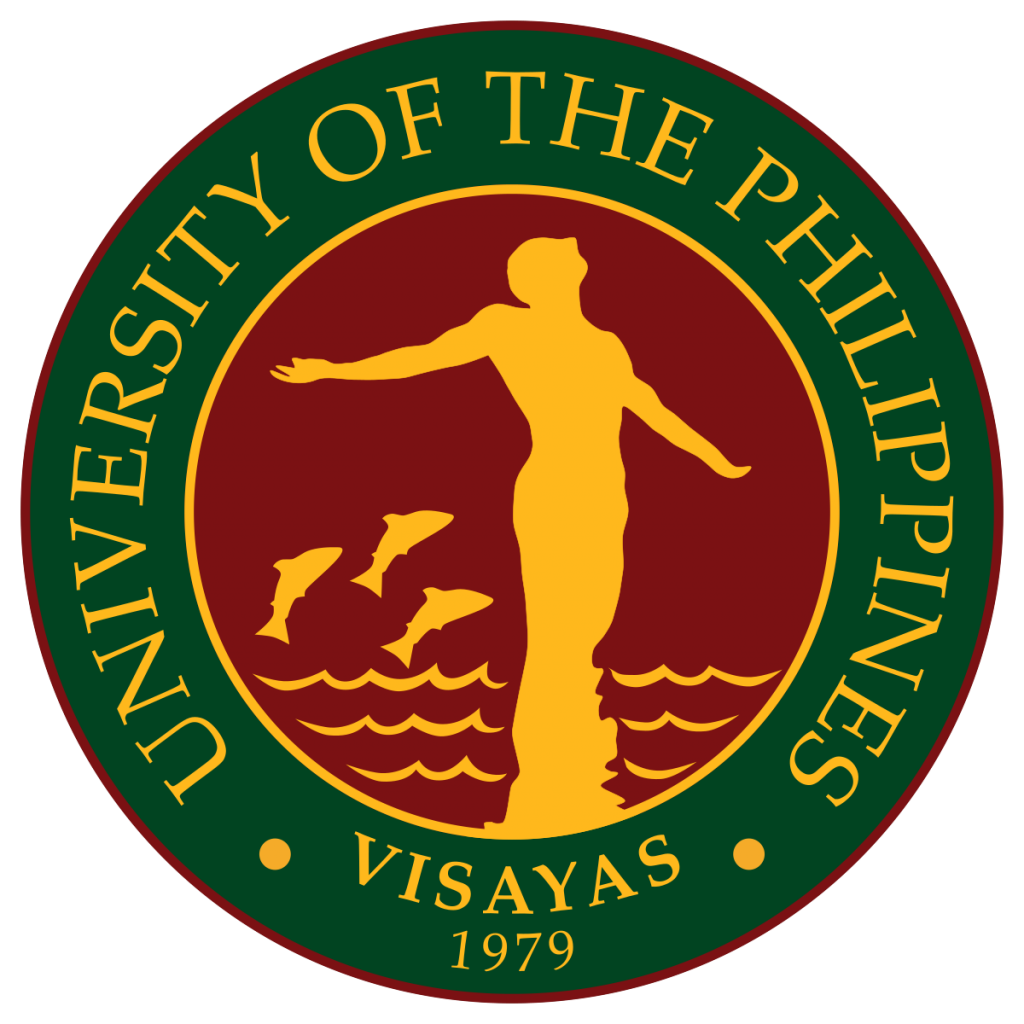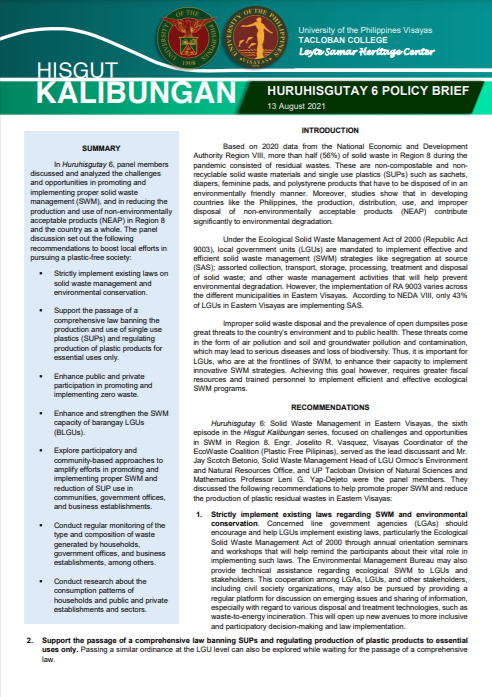Huruhisgutay 6: Solid Waste Management In Eastern Visayas
Huruhisgutay 6: Solid Waste ManagementHuruhisgutay 6 brings to the fore the challenges in promoting and implementing proper solid waste management in Eastern Visayas and beyond. This episode also provides an overview about the type and composition of wastes generated by different sectors at the region and the country as a whole. Panel members of Huruhisgutay 6 set out recommendations to live in a sustainable manner through proper waste segregation and collection, recycling, enhancing refill and zero waste practices, and avoiding non-environmentally acceptable products as well.
Posted by UPVTC Leyte Samar Heritage Center on Thursday, July 29, 2021
Done watching the video?
Tell us what you think!
Complete the evaluation form of Huruhisgutay 6 to earn a Certificate of Attendance.
Take a quiz!
Test your knowledge on the topics discussed in Huruhisgutay 6 by answering Subok Kaalaman Huruhigustay 6 .
Huruhisgutay 6: Solid Waste Management In Eastern Visayas
Huruhisgutay 6 brings to the fore the challenges in promoting and implementing proper solid waste management in Eastern Visayas and beyond. This episode also provides an overview about the type and composition of wastes generated by different sectors at the region and the country as a whole. Panel members of Huruhisgutay 6 set out recommendations to live in a sustainable manner through proper waste segregation and collection, recycling, enhancing refill and zero waste practices, and avoiding non-environmentally acceptable products as well.
Episode Information
LEAD DISCUSSANT AND PANELISTS
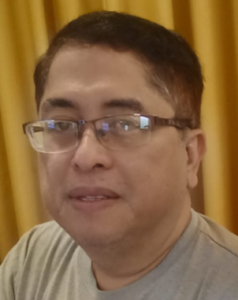
Engr. JOSELITO R. VASQUEZ
An Electrical Engineer by profession, Engr. Joselito R. Vasquez currently serves as the Visayas Coordinator of the EcoWaste Coalition for the Plastic-Free Pilipinas Project. Engr. Vasquez served as Planning and Training Officer of the Cebu City Disaster Risk Reduction and Management Office as well as Executive Assistant of the Cebu City Environment and Natural Resources Office. His other professional involvements include having served as Legislative Consultant which provided inputs for the Civil Society Organization Advisory Council as well as his participation in the Sectoral Transparency Alliance on Natural Governance in Cebu which advocates the enactment of a Multi-Stakeholder Council on Natural Resource Governance that is tasked to address the issues of mining and quarrying in the Province of Cebu.
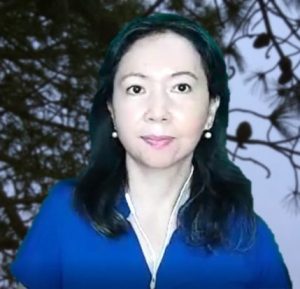
Prof. LENI G. YAP-DEJETO
Prof. Leni G. Yap-Dejeto is a Professor and marine biologist of the Division of Natural Sciences and Mathematics of UP Visayas Tacloban College. She took her Master of Science in Marine Biology at UP Diliman Marine Science Institute as a DOST scholar. As a Monbukagakusho scholar, Prof. Yap-Dejeto earned her PhD in Aquatic Bioscience at the University of Tokyo, Japan and had recently finished her postdoctoral research at the University of California, USA. She is currently the Principal Investigator of a research entitled “Warning and Technology to Combat Harmful Algal Blooms” or WATCH HAB Region 8. At the same time, Prof. Yap-Dejeto serves as the Project Leader of Mussel Glycogen of the Mussel Biotechnology Program. She is also a Research Partner of the Filipino Genome Project of the Natural Science Research Institute of UP Diliman and a member of another research program called the Semi-Automated Harmful Algal Bloom Detection System (SEAHABS) of the UP Marine Science Institute. Prof. Yap-Dejeto is among the core faculty of the Master of Science in Environmental Sciences Program of UPV Tacloban College.

Mr. JAY SCOTCH BETONIO
Mr. Jay Scotch Betonio is a BS Biology in Ecology graduate who currently works as a technical staff of the Solid Waste Management Office of the Environment and Natural Resources Office of LGU Ormoc.
POLICY BRIEF
In Huruhisgutay 6, panel members discussed and analyzed the challenges and opportunities in promoting and
implementing proper solid waste
management (SWM), and in reducing the production and use of non-environmentally acceptable products (NEAP) in Region 8 and the country as a whole. The panel discussion set out the following recommendations to boost local efforts in pursuing a plastic-free society:
- Strictly implement existing laws on solid waste management and environmental conservation.
- Support the passage of a comprehensive law banning the production and use of single use plastics (SUPs) and regulating production of plastic products for essential uses only.
- Enhance public and private participation in promoting and implementing zero waste.
- Enhance and strengthen the SWM capacity of barangay LGUs (BLGUs).
- Explore participatory and community-based approaches to amplify efforts in promoting and implementing proper SWM and reduction of SUP use in communities, government offices, and business establishments.
- Conduct regular monitoring of the type and composition of waste generated by households, government offices, and business establishments, among others.
- Conduct research about the consumption patterns of households and public and private establishments and sectors
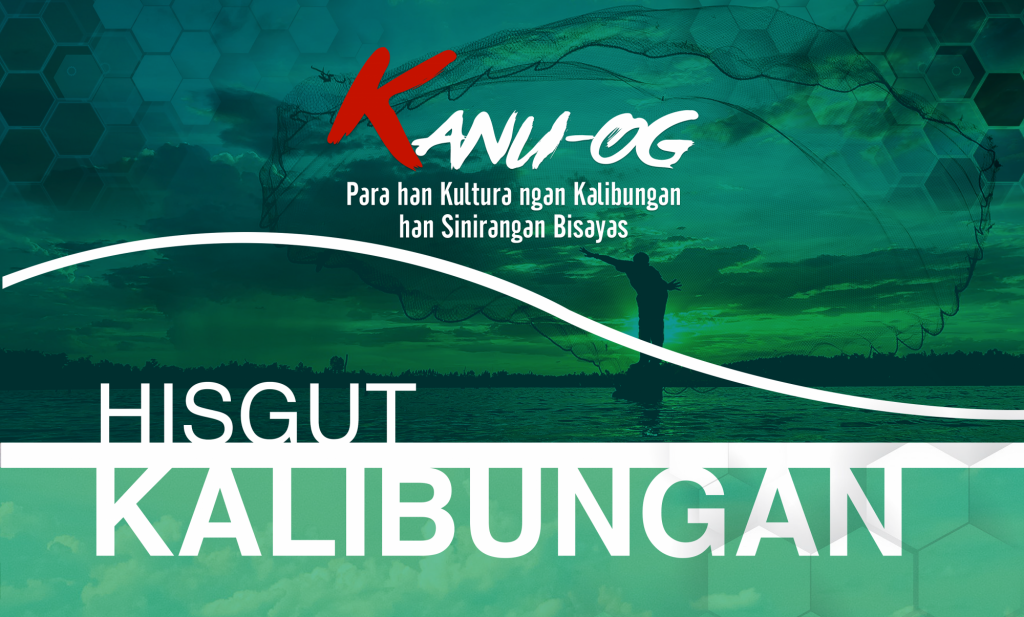
All Rights Reserved.
